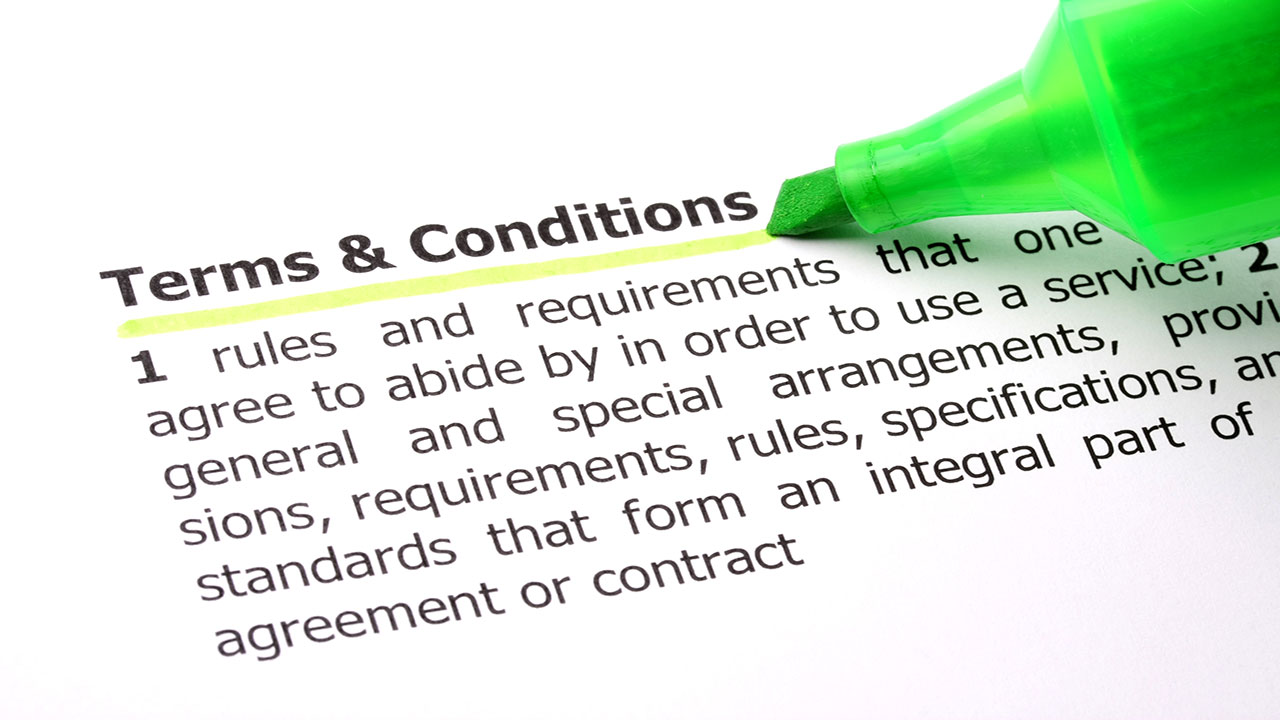6 Tips to Choosing the Best Mortgage Lender

The purchase price of the home you agree to buy will obviously have a direct impact on your mortgage payment. But the actual mortgage product itself will heavily influence these payments as well.
Different terms, interest rates, fees, and insurance premiums can make your mortgage more or less expensive. That’s why it’s important that you work with a lender who can offer you the most affordable and convenient mortgage product.
When you’re on the prowl for a mortgage lender, keep the following tips in mind to help you choose the right one.
1. Understand What Type of Professional You Want to Work With

When it comes to mortgages, there are different professionals involved in this sphere. It’s in your best interests to understand the various types of experts involved in mortgages and determine which one you’d prefer to work with.
Banks and credit unions: This is the more common source for mortgages. After all, everyone has their bank that they hold their checking or savings account with, so banks and credit unions are typically the obvious first option. But banks and credit unions are only able to offer their own products, so you could be limiting yourself to what they have available to offer you.
Mortgage brokers: These specialists don’t work for a bank or credit union, so they don’t have any of their own products to sell. Instead, mortgage brokers work on behalf of the buyer to find the best mortgage product available to meet the buyer’s needs.
These professionals do all the leg work on behalf of buyers and negotiate with various lenders. As such, you don’t need to do any of the comparison shopping yourself. This can save you a ton of time and money at the end of the day.
Alternative lenders: More and more online lenders and “bad credit” lenders are popping up, giving buyers a much larger pool of options in terms of where to get their mortgages.
Online lenders make the process convenient by allowing borrowers to apply for mortgages completely online without having to visit a bank in person. And private lenders provide borrowers with bad credit options when banks turn them down for a mortgage. It should be noted that it’s always important to be vigilant about potential predatory lenders who may not have borrowers’ best interests at heart.
2. Find the Lowest Rate
Lenders who offer the lowest interest rate are obviously going to get the most attention among borrowers, and rightfully so. Ideally, you want to lock in at the lowest possible rate. Doing so can help you save tens of thousands of dollars over the life of your loan.
Lenders often compete with each other for your business, and that often means offering the best rate they can possibly offer. However, it’s important to make sure that all other aspects of the mortgage are looked at in great detail to make sure you’re not inadvertently paying more at the end of the day because of exorbitant fees, which we’ll get into later.
3. Find the Best Terms

The interest rate of a mortgage is certainly an important aspect to look at. But the terms of the mortgage are just as important, as they will dictate how well you’ll be able to manage your mortgage. Consider the following mortgage terms:
- Early repayment penalties
- Late payment fees
- Payment frequency
- Ability to convert from an adjustable- to a fixed-rate mortgage
- Flexibility to make occasional lump sum payments towards the principal
- Ability to apply the mortgage to another property if you sell
4. Identify All the Fees That Are Charged
As if the mortgage itself wasn’t already a hefty payment to make every month, there are fees that lenders charge that you will be responsible to pay as well. Different lenders have their own sets of fees that borrowers have to pay, so you’ll definitely want to get a run-down of what these fees are and how much it will cost you.
The types of fees you may find on a lender’s contract include the following:
- Origination fees – This fee covers a mortgage broker’s time spent helping you find and process your mortgage.
- Application fees – The administration required to pull your credit report and collect all necessary paperwork is paid for through an application fee.
- Rate lock fees – If you find a great interest rate and want to make sure it doesn’t increase by the time your mortgage approval is finalized, you can lock it in. But there will typically be a fee associated with this service.
- Underwriting fees – This fee covers the cost of closing and funding the mortgage.
- Appraisal fees – Lenders send professional appraisers out to verify the value of a property before they agree to extend a loan. Buyers are usually responsible for paying for appraisals.
5. Comparison Shop

Different mortgage lenders will have their own mortgage products to offer home buyers, each of which will come with its own terms, fees, and interest rates.
It’s always important to compare different lenders and their respective products to find the one that best suits your situation. Much like you would comparison shop when buying any other product to find the best deal, the same theory applies to shopping for a mortgage.
You can save some time by checking online, as most lenders will have pertinent information about their product posted via the web. Just keep in mind that the information may be changed based on your credit health, assets, debt, and all other factors that influence your financial situation.
You can also work with a mortgage broker who can comparison shop for you rather than you having to do it yourself, as mentioned earlier.
6. Ask Your Agent
Your real estate agent is probably the best person to ask if you’re looking for a mortgage lender to work with. These professionals usually deal with a large network of other industry-related experts, including mortgage specialists. Odds are your agent probably knows someone who would be a good fit for you, so make sure to ask before you start looking.
The Bottom Line
You don’t have to settle for your regular banker when it comes time to get a mortgage. Instead, there are plenty of different mortgage products and lenders out there for you to peruse. Make sure to do your due diligence and compare different lenders and their products to find the best, most affordable mortgage that you can qualify for.










